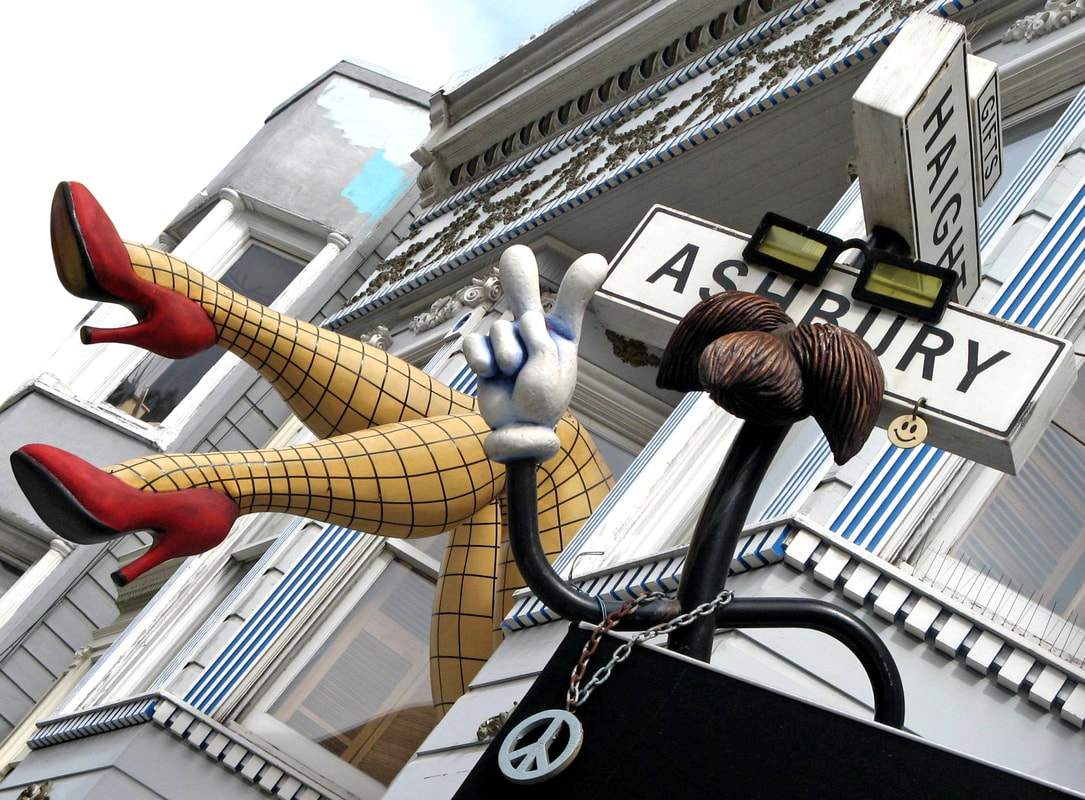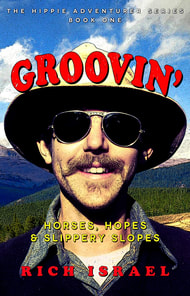|
Most people who participated in the original Summer of Love in 1967 would agree it was a profound, life-changing experience. Over the last few weeks, as many have celebrated the 50th anniversary of that iconic time, I’ve discovered a range of impressions and memories from those who were there. For many, that remarkable summer was all about the music. The Monterey Pop Festival kicked it off with Janis Joplin, Jimmy Hendrix, the Jefferson Airplane, the Mamas & the Papas, the Who, the Grateful Dead, and dozens more. The Beatles’ “Sgt. Pepper’s Lonely Hearts Club Band” flooded the airwaves as love-ins sprang up in the San Francisco Bay Area and other places across the nation. For those who formed the hippie culture, pot and acid defined the transformation of thought that questioned society’s antiquated status quo. Seeing life through this revealing lens gave birth to a renewed women’s movement, accelerated the civil rights movement, and fueled the anti-war (peace) movement.
“Make love not war” became our battle cry and led to protests that rocked the country. The music of the time inspired and fueled our pursuit of freedom and justice for all. Of course, the Vietnam War and the draft affected a wide swath of American youth. If you went to war, you didn’t come back the same. If your consciousness was jolted by drugs or the rebellion of thought around you, you struggled with the draft and your responsibility to weigh right versus wrong. Several chapters of my book Groovin’ describe my own emotional roller coaster with this issue. If you were among the brave fighting in the jungles of Vietnam, there was no Summer of Love. Just so you know, those of us who opposed the conflict weren’t against you—we were against you dying in a senseless war. And we saw no reason to add our own lives to the carnage. When I think of the Summer of Love, San Francisco’s Haight-Asbury district often comes to mind. As a wandering, rag-tag group of youngsters living on love, many of us stopped at “the Haight” for a short time, and we experienced a high-hearted, magical place. People embraced one another in a great experiment of tolerance and cooperative living. Scott McKenzie inadvertently became Haight’s pied piper with his song “San Francisco (Be Sure to Wear Flowers in Your Hair).” Things were great in the Haight for a while—then that piece of real estate became too well known! That’s when the rascals and vermin moved in, lured by the promise of free love, food, and drugs. Too many came to take advantage of a gorgeous attempt at utopia. If you experienced the Haight at the arc of its rainbow, you probably walked away with a beautiful memory. But if you were there through the whole evolution, you probably remember its decline, plagued by overcrowding, violence, bad drugs, and deprivation. As with all of nature, every flower has its season. Many never comprehended what the essence of that unique occasion was all about—or worse, they have forgotten the magic or dismissed it as a youthful ideological whim. For me, the Summer of Love was never confined to music, or a place, or even a time in history. It was about the evolution of thought, freedom, and adventure. And it was about discovering the wonder that surrounds us and the beauty that resides within us—a life-affirming mindset that is more important today than ever before.
3 Comments
8/25/2017 09:43:28 am
Thanks Rich for your wonderful words. Your story really keeps the essence of that good spirit alive. Peace & Love!
Reply
Steve G.
11/14/2020 10:05:24 am
So true, Rich and thanks for shedding light on a fascinating period in American history. I guess it's long enough ago now to be termed "history"? Wonder if the 1960's are in middle school texts - the true test, smile.
Reply
rich Israel
11/14/2020 10:38:33 am
Thanks for your comments Steve. So true!
Reply
Leave a Reply. |
SIGN UP for Rich's blog & receive a FREE video guaranteed to put a smile on your face!
Popular Posts
Youth to the Rescue Categories
All
Archives
February 2019
|


 RSS Feed
RSS Feed